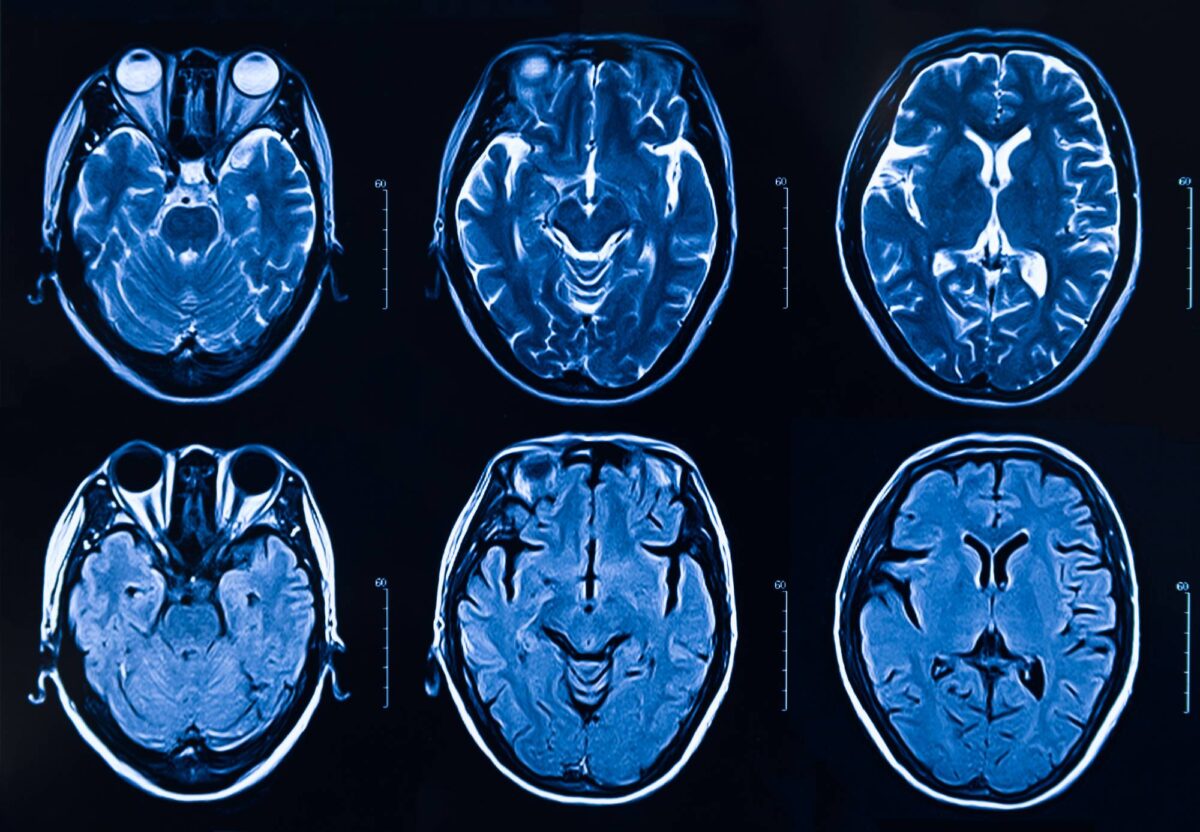The Long-Term Effects of Surgery on the Brain

Assessment of long-term outcomes is essential in brain surgery. While most studies have traditionally focused on the short-term consequences of brain surgery, more researchers are now reporting long-term outcomes in various cohorts of patients following a variety of invasive neurological interventions [1]. Given the complexity of brain surgery and numerous dangers it poses, healthcare professionals should be knowledgeable about the potential lasting effects of brain surgery so they can provide the best support to recovering patients.
Before surgery, patients are typically aware of the well-known risks like bleeding and infection, but new research suggests that brain surgery can lead to more lasting issues with critical thinking and memory [2]. In a 2019 study conducted at the University of Wisconsin, researchers found that major neurological surgery is associated with a small and immediate cognitive decline, equivalent to less than five months of aging. The data from the study also suggests that, on average, patients who have brain surgery are nearly twice as likely to experience a decline in cognitive function in the years following their surgeries [3]. However, it is important to note that Dr. Robert Sanders, the senior author of the study, emphasizes that this doubling in risk only affects a small number of patients [3].
Post-operative cognitive decline is thought to be caused by the immune system’s inflammatory response to surgery [2]. Brain surgery is considered a traumatic event for the body, resulting in the engagement of the immune system and an inflammatory cascade that affects the synaptic plasticity in brain regions involved in learning and memory [2]. If trauma-induced inflammation is not carefully regulated, patients could experience more than a minor cognitive decline [2].
Even the youngest of patients seem to be susceptible to cognitive decline associated with brain surgery. Over the past 15 years, numerous studies have pointed to an association between commonly used anesthetics and sedatives in surgery and neurodegenerative changes in developing brains [4]. One 2017 study compared the IQ test scores and school grades of two groups of children: those who underwent surgery before the age of four (33,514 children) and those who had no history of surgery (159,619 children) [5]. The results indicate that exposure to surgery with anesthesia before the age of four is linked to lower IQ test scores and poorer academic performance [5].
Healthcare providers should also be aware that patients who have had brain surgery are at an increased risk for developing depression. In 2008, a study examined the anxiety and depression levels of 72 patients before and after surgery to remove a primary brain tumor [6]. Before brain surgery, 50% of study participants showed general anxiety and 9.7% showed current depression [6]. Anxiety was assessed using the State and Train Anxiety Inventory, and depression was measured using the Zung Self-Rating Depression Scale [6]. Study participants were reassessed at both one month and three months after brain surgery [6]. The data showed no significant change in the percentage of patients with anxiety [6]. However, there was a significant increase in the percentage of patients with depression [6]. These results suggest that a depressive state can develop after brain surgery.
It is important for healthcare professionals to understand the long-term effects of brain surgery so that recovering patients can be appropriately monitored and supported. Although the lasting effects are dependent both on the extent and location of the operation and the patient profile, healthcare professionals should be attentive to any cognitive or mood changes in patients who have experienced brain surgery.
References
1. Tellez-Zenteno, J. F., R. Dhar, L. Hernandez-Ronquillo, and S. Wiebe. 2007. “Long-Term Outcomes in Epilepsy Surgery: Antiepileptic Drugs, Mortality, Cognitive and Psychosocial Aspects”. Brain 130 (2): 334-345. doi:10.1093/brain/awl316.
2. Saxena, Sarah, and Mervyn Maze. 2018. “Impact on The Brain of The Inflammatory Response to Surgery”. La Presse Médicale 47 (4): e73-e81. doi:10.1016/j.lpm.2018.03.011.
3. Krause, Bryan M, Séverine Sabia, Helen J Manning, Archana Singh-Manoux, and Robert D Sanders. 2019. “Association Between Major Surgical Admissions and The Cognitive Trajectory: 19 Year Follow-Up of Whitehall II Cohort Study”. BMJ, l4466. doi:10.1136/bmj.l4466.
4. Andropoulos, Dean B. 2017. “Effect of Anesthesia on The Developing Brain: Infant and Fetus”. Fetal Diagnosis and Therapy 43 (1): 1-11. doi:10.1159/000475928.
5. Glatz, Pia, Rolf H. Sandin, Nancy L. Pedersen, Anna-Karin Bonamy, Lars I. Eriksson, and Fredrik Granath. 2017. “Association of Anesthesia and Surgery During Childhood with Long-Term Academic Performance”. JAMA Pediatrics 171 (1): e163470. doi:10.1001/jamapediatrics.2016.3470.
6. D’Angelo, Cristina, Antonio Mirijello, Lorenzo Leggio, Anna Ferrulli, Vincenzo Carotenuto, Nadia Icolaro, Antonio Miceli, Vincenzo D’Angelo, Giovanni Gasbarrini, and Giovanni Addolorato. 2008. “State and Trait Anxiety and Depression in Patients with Primary Brain Tumors Before and After Surgery: 1-Year Longitudinal Study”. Journal of Neurosurgery 108 (2): 281-286. doi:10.3171/jns/2008/108/2/0281.